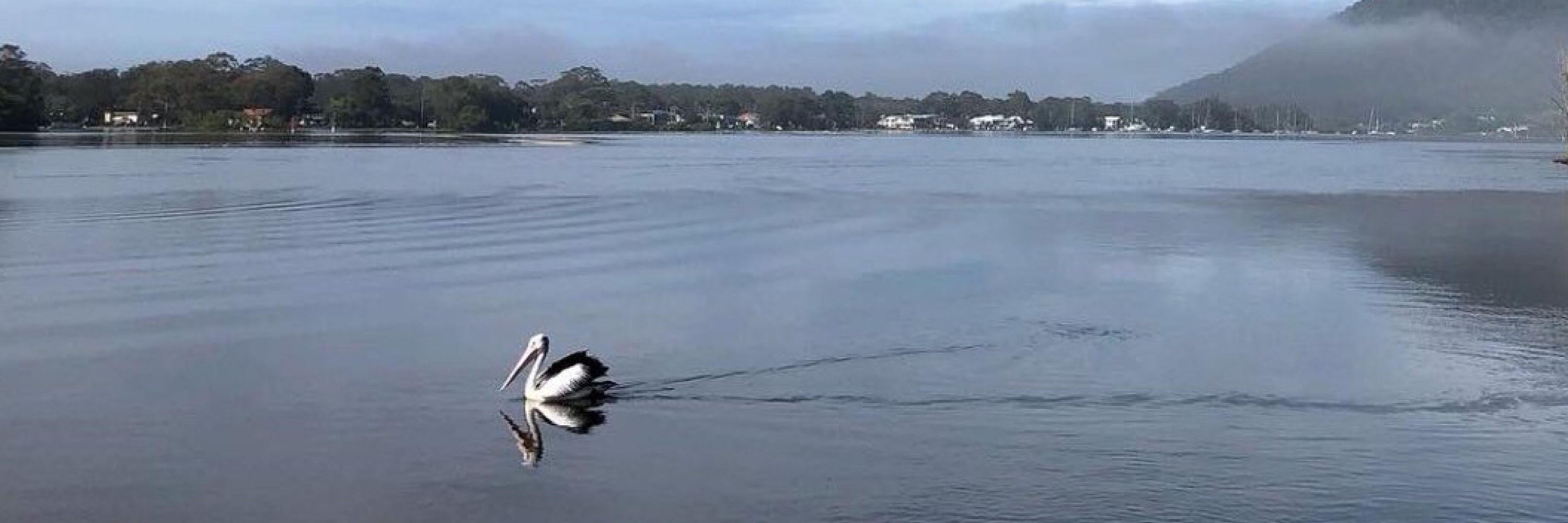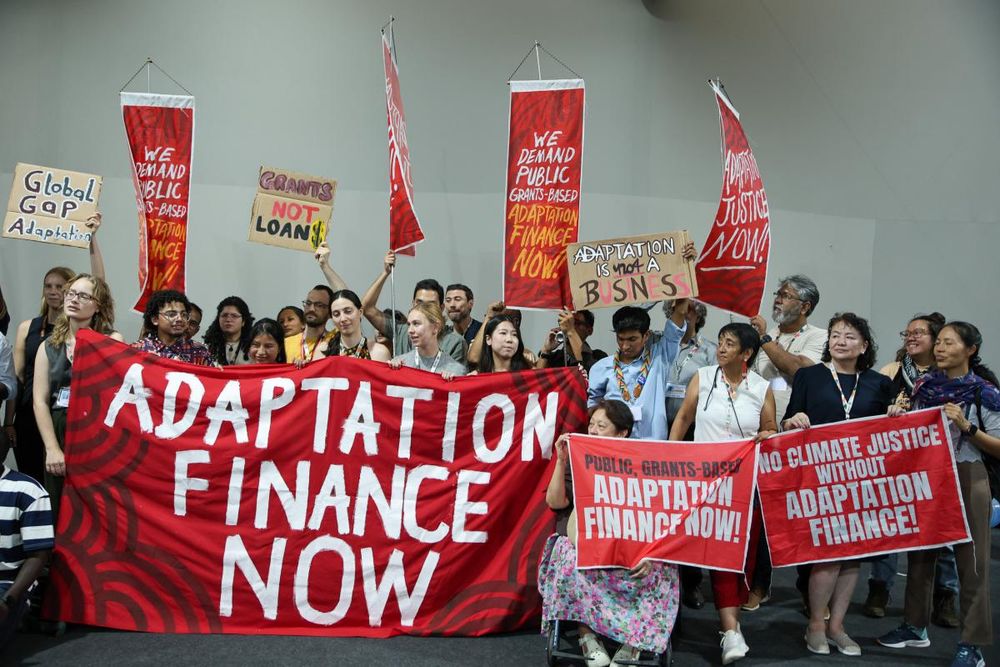
Australian political theorist & international relations professor. Climate, justice, biodiversity, ecodemocracy. He/him. New book: https://mitpress.mit.edu/9780262552554/the-ecology-politic About: https://www.anthonydburke.net .. more
Australian political theorist & international relations professor. Climate, justice, biodiversity, ecodemocracy. He/him. New book: https://mitpress.mit.edu/9780262552554/the-ecology-politic About: https://www.anthonydburke.net
Anthony Burke is an Australian political theorist and international relations scholar. He is Professor of Environmental Politics and International Relations at the University of New South Wales. He is co-principal at the Planet Politics Institute. .. more
It was fun doing this with @darkmatterlabs.org and @berggruen.org - a little chastened hope. #COP30

Reposted by Peter Thorne, Anthony Burke

1. Tech companies have been actively working to spread around the exposure to AI debt
2. People have increasingly been talking about that (which of course ‘strengthens’ the case for bailouts when it comes)
@wsj.com
www.wsj.com/finance/inve...
Reposted by Anthony Burke, UN Environment

The latest Global Methane Status Report, launched today at #COP30 by @unep.org @ccacoalition.bsky.social, shows progress, but more is needed to deliver global goals.
www.unep.org/news-and-sto...
Reposted by Anthony Burke
@wsj.com
www.wsj.com/finance/inve...

1. Tech companies have been actively working to spread around the exposure to AI debt
2. People have increasingly been talking about that (which of course ‘strengthens’ the case for bailouts when it comes)

It’s working.
Reposted by Anthony Burke
Reposted by Anthony Burke

Indigenous people have defined the image and sound of the climate talks in Brazil - and today was no different
COP30: Climate protest in Brazil's city of Belem aims to hold governments' feet to the fire
news.sky.com/story/cop30-...

Some of our richest business owners are fascist. I can think of at least three.
This week's column argues that we cannot fight the climate crisis without also fighting the epistemic crisis.
www.theguardian.com/commentisfre...


This week's column argues that we cannot fight the climate crisis without also fighting the epistemic crisis.
www.theguardian.com/commentisfre...
www.nbcnews.com/science/tsun... #EM #greysky


Reposted by Anthony Burke

www.nbcnews.com/science/tsun... #EM #greysky

www.oneearth.org/are-we-racin...
hold at 2.5 is scientifically worthless, politically irresponsible.

Reposted by Dana R. Fisher, Anthony Burke

insideclimatenews.org/news/0312202...


